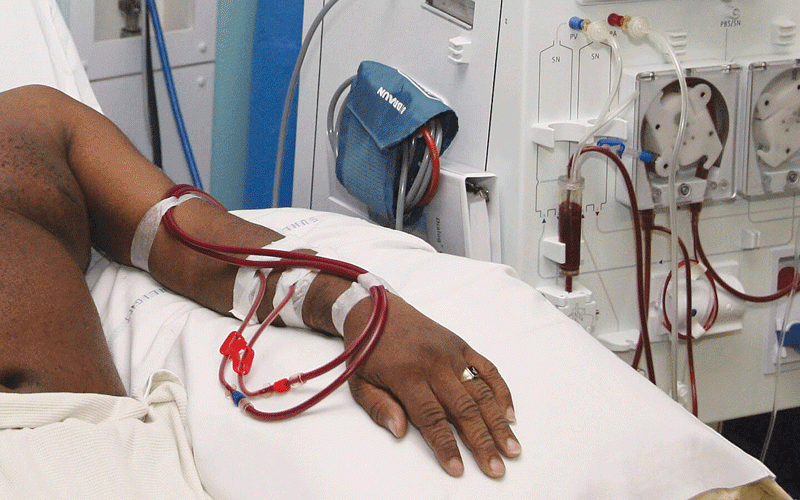
Zimbabwe intends to reduce mother to child transmission of HIV to less than 5% by 2026, Health and Child Care minister Douglas Mombeshora has said.
On Friday, the country joined the rest of the world in commemorating World Aids Day following the successful launch of the Triple Elimination of the Mother to Child Transmission Plan (2023-2026) the previous day.
In a speech read on his behalf at this year’s Candlelight Memorial commemorative event in Victoria Falls, Mombeshora said Triple EMTCT Plan represents extensive efforts towards eliminating HIV, syphilis and Hepatitis B.
“The Triple EMTCT Plan represents a comprehensive approach that encompasses prevention, diagnosis, treatment, and support for the three diseases: HIV, syphilis and Hepatitis B, using an integrated approach,” he said.
“The goal is to reduce mother to child transmission of HIV to less than 5% by 2026.”
Mombeshora called on health partners to create synergies and collaborate towards achieving the vision of a new generation of children free from HIV-related infections.
“First and foremost, delivering high quality, integrated, people centred services lies at the heart of the triple EMTCT plan. We will continue to prioritize comprehensive sexual and reproductive health services, including access to both short term and long- term contraceptive options,” he said.
Meanwhile, speaking at the same event, Zimbabwe National Network of People Living with HIV ZNNP+ executive director Tatenda Makoni said they would increase their efforts towards achieving goals of the Plan.
- Zanu PF old guard retain CC posts
- No room for excuses
- Harare water crisis dire. . . as hospital runs dry
- Harare water crisis dire. . . as hospital runs dry
Keep Reading
“As people living with HIV, we welcome the launch of the Plan on the Elimination of Mother to Child Transmission of HIV, Syphilis and Hepatitis B. We extend our congratulations to the Ministry of Health and ChildCare and partners for working tirelessly on the plan.
“We commit putting in place initiatives that seek to empower women with knowledge and family planning choices, we can significantly reduce the risk of HIV transmission,” said Makoni











